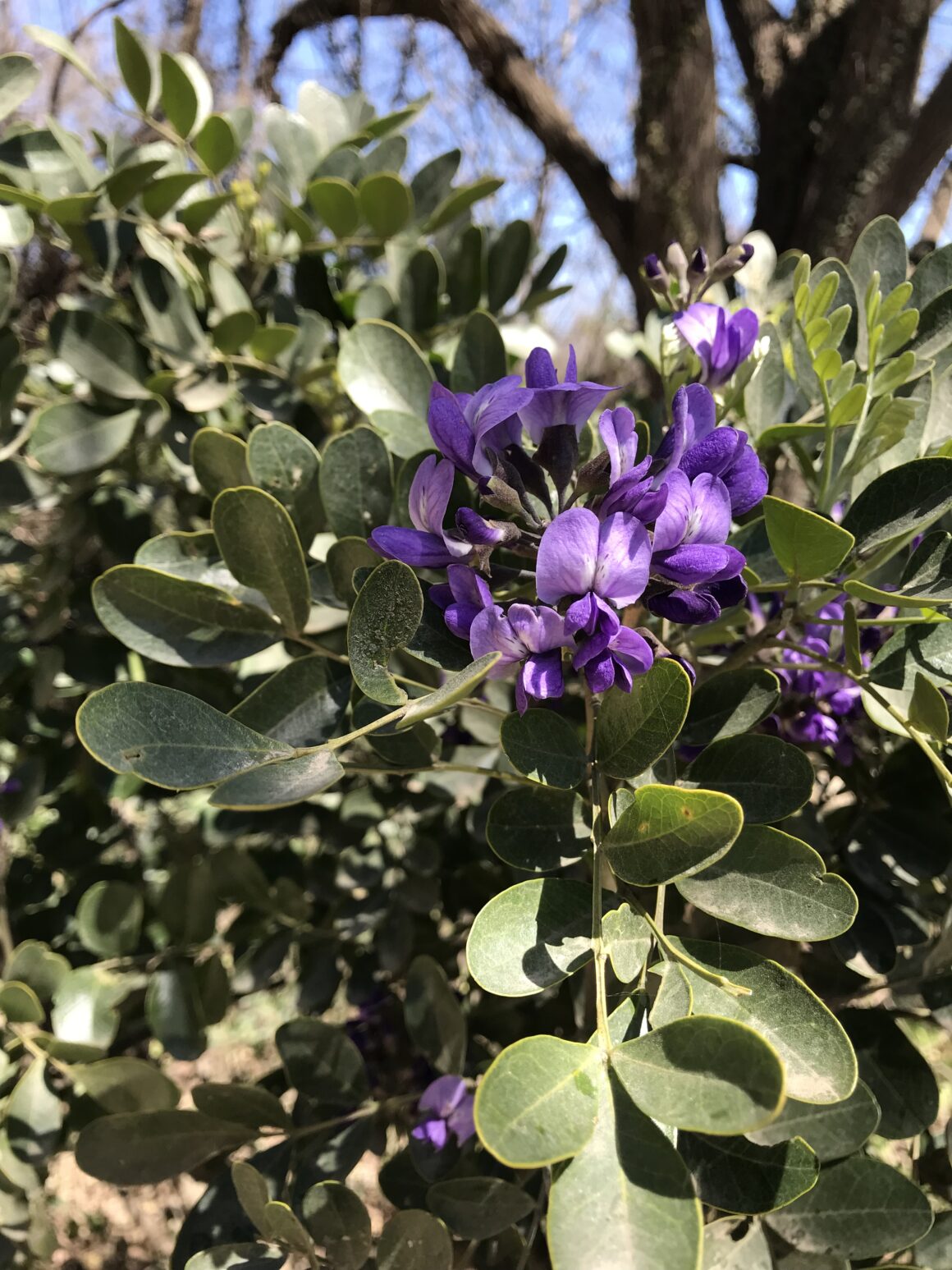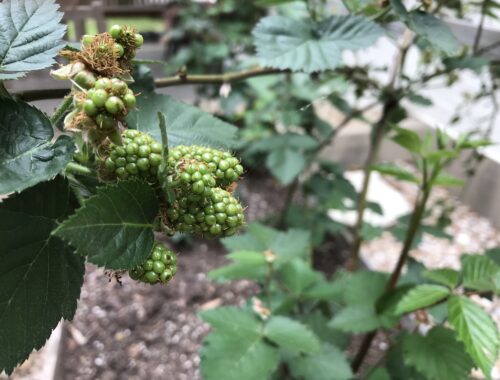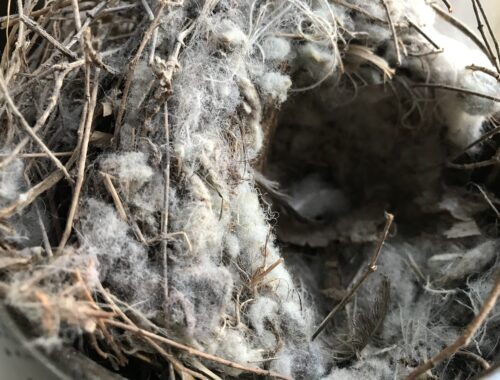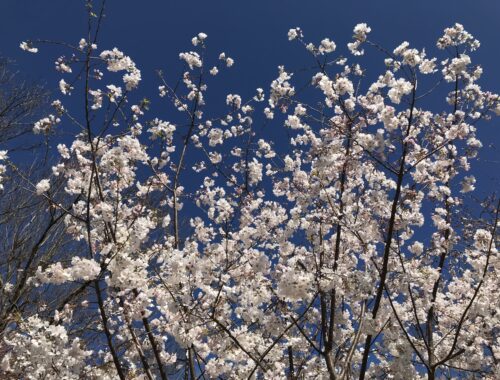
No Words for This
A woman I have known and admired for years told me today that she has a rare and aggressive cancer, that she will soon receive surgery to remove it, that her body will be forever changed by this experience, both the disease and its hoped-for cure. As she detailed her diagnosis and her treatment plans—the knowns and the unknowns, a few if-then scenarios, neither of us going down the rabbit hole of worst-case—she was, as always, competent and informed, resolutely cheerful, strong and determined. We talked for a while about her surgeon, about our hopes for the accuracy of his search for clear margins (and any evidence of cells elsewhere); for the precision of his hands and instruments; for the full force of his intuition to be in play over the course of the surgery, along with his expertise. I expressed my sympathy for her current condition; my desire for every optimal development toward its resolution; my holding her in my heart and prayers, in company with everyone else who knows her. All of me wants, of course, to be able to relieve her of this burden; barring that, I want to be part of what strengthens her to bear it, maybe even (if she wants) to find in it some pieces of unexpected beauty, of hard-earned wisdom. Our “one wild and precious life,” and this is part of hers now—nothing she ever asked for or expected, nothing connected to her healthy habits and attitudes, nothing she deserves.
Decades ago, before my grandmother had been diagnosed with likely Alzheimer’s, at an earlier stage, she came to visit Olympia, where R. and I were living in a little rented house with our three pre-schoolers. With our landlord’s permission, R. and I had planted a culinary herb garden, a sensory herb garden (specifically for our children’s safe and magical engagement), a vegetable garden, a collection of fruit trees bordering the yard, and a clipping from my Dad’s curly willow that grew as tall as the house within a year. My grandmother meandered around the yard at her visit, with a softer, slower, more diffused energy than I had ever known of her. Also unusual for her—someone reliably “kept up” as she would have called it, a relaxed glamour in her dress and grooming unless she was cleaning the house in a fury—she wore a graphic sweatshirt and baggy pants. With her chest resting on her thighs, her chin against her knees, she sat on the front porch steps with the boys, and they ate Ritz crackers together, one after another, directly from the packaging sleeve. She wasn’t in a hurry; she relaxed into smiles and giggles. She and I decided that a visit to the zoo would be fun, and even before we drove away from the house, I realized fully that this situation was about my taking care of four vulnerable people and not my partnering with another capable adult to shepherd three young and energetic children around a public place. At the zoo, she was as wide-eyed and excited as the boys, the animals as new to her as to them. She let her ice cream melt down over her hand. She wandered away more than once. A few more years from that day, and she no longer knew any of us. A professor in college started a seminar by saying, “We both are bodies and have them.” I know so much more now than I did then about how we—and our bodies—have such a fierce persistence for living, in the face of all that would complicate it for us, or keep us from it. Cancer in the time of Texas Mountain Laurels blooming; Alzheimer’s as “but a sleep and a forgetting.”




